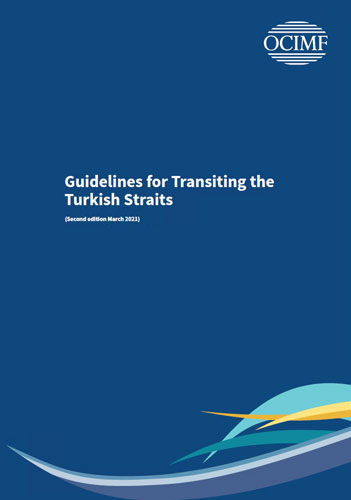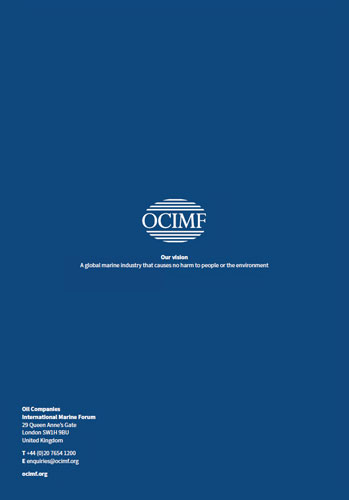Guidelines for Transiting the Turkish Straits/Руководство по транзиту через Турецкие проливы
Издание на английском языке
This information paper provides guidance for vessel operators considering a transit of their tankers through the Turkish Straits. OCIMF neither endorses nor discourages transiting the Turkish Straits, but this information paper provides additional guidance for companies when developing their own risk assessments.
OCIMF member companies and some ship managers develop their own guidelines for transiting Turkish Straits based on detailed risk assessments. These guidelines comply with Turkish Straits regulations and may contain additional measures to mitigate specific risks identified based on risk assessments.
The effect of the interaction of company guidelines with the regulations can be unhelpful to all parties (for example, if vessels forego their allotted transit slots and interrupt scheduling, because transit conditions do not meet specific company criteria). To avoid this, OCIMF recommends that members work to the common guidelines described in this information paper, which are consistent and fully integrated with the Turkish regulations. It Is Important to note that Turkish Straits regulations are revised from time to time and the latest versions are to be adhered to before planning for any transit.
Contents
Glossary
Abbreviations
Bibliography
1 Introduction
1.1 Purpose and scope
1.2 The Turkish Straits
1.2.1 The Istanbul Strait (the Bosphorus)
1.2.2 The Canakkale Strait (the Dardanelles)
1.2.3 Open sea approaches
1.2.4 The Sea of Marmara
1.2.5 Services available in the Straits
2 Regulations and traffic systems
2.1 Current Turkish regulations
2.2 Turkish Straits Vessel Traffic Service
2.3 Traffic Separation Scheme
2.4 IMO recommendations 1995
3 Causes of transit delays
4 Risks of transiting the Turkish Straits
5 Recommendations for transiting the Turkish Straits
5.1 High-level risk management
5.2 Passage planning
5.3 Recommendations for pilotage service
6 Emergency services
6.1 Emergency response capabilities
6.2 Oil spill response
6.3 Salvage




